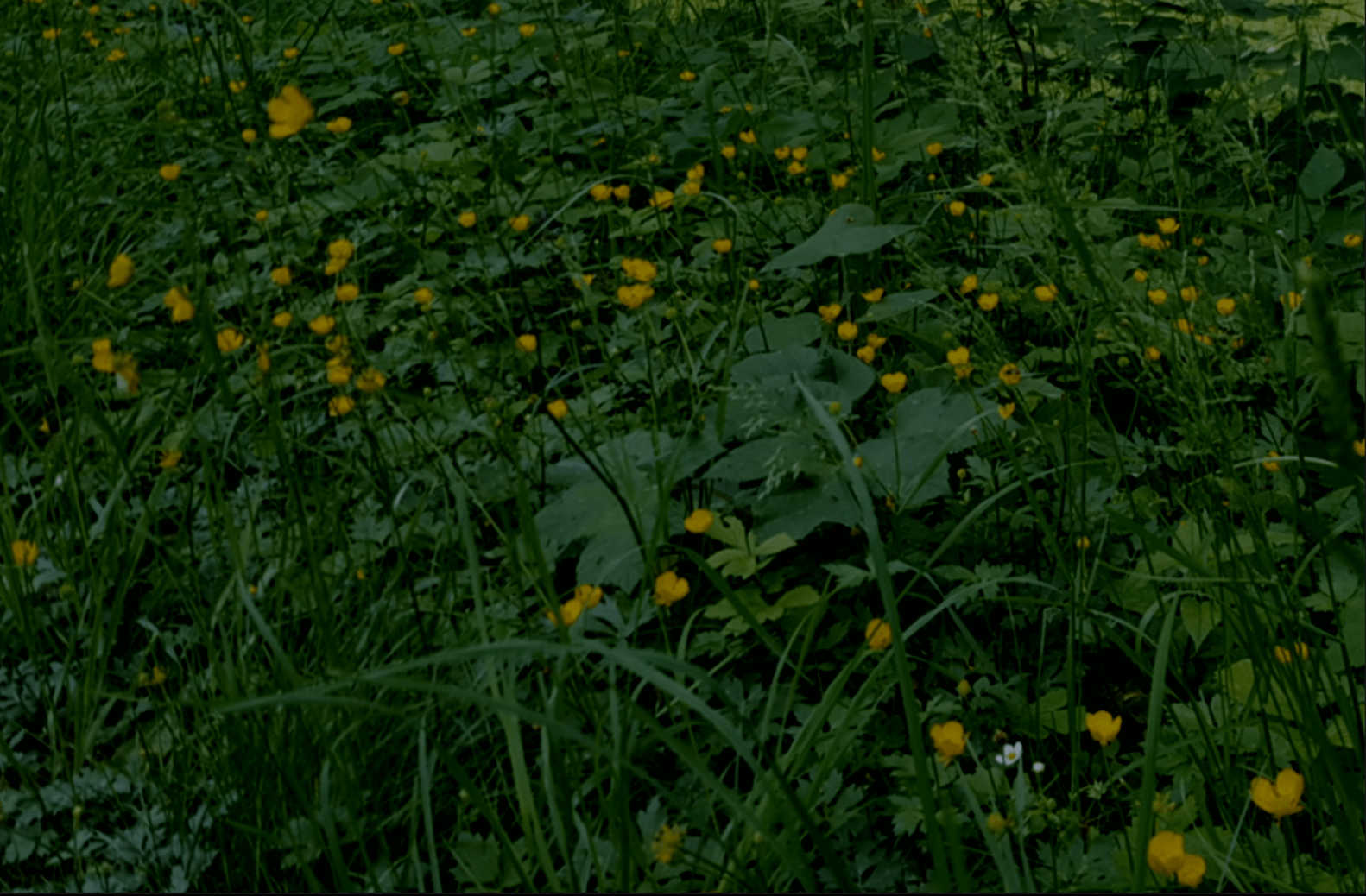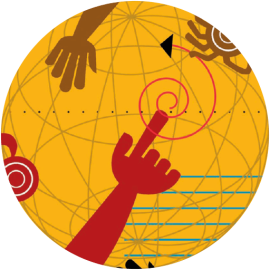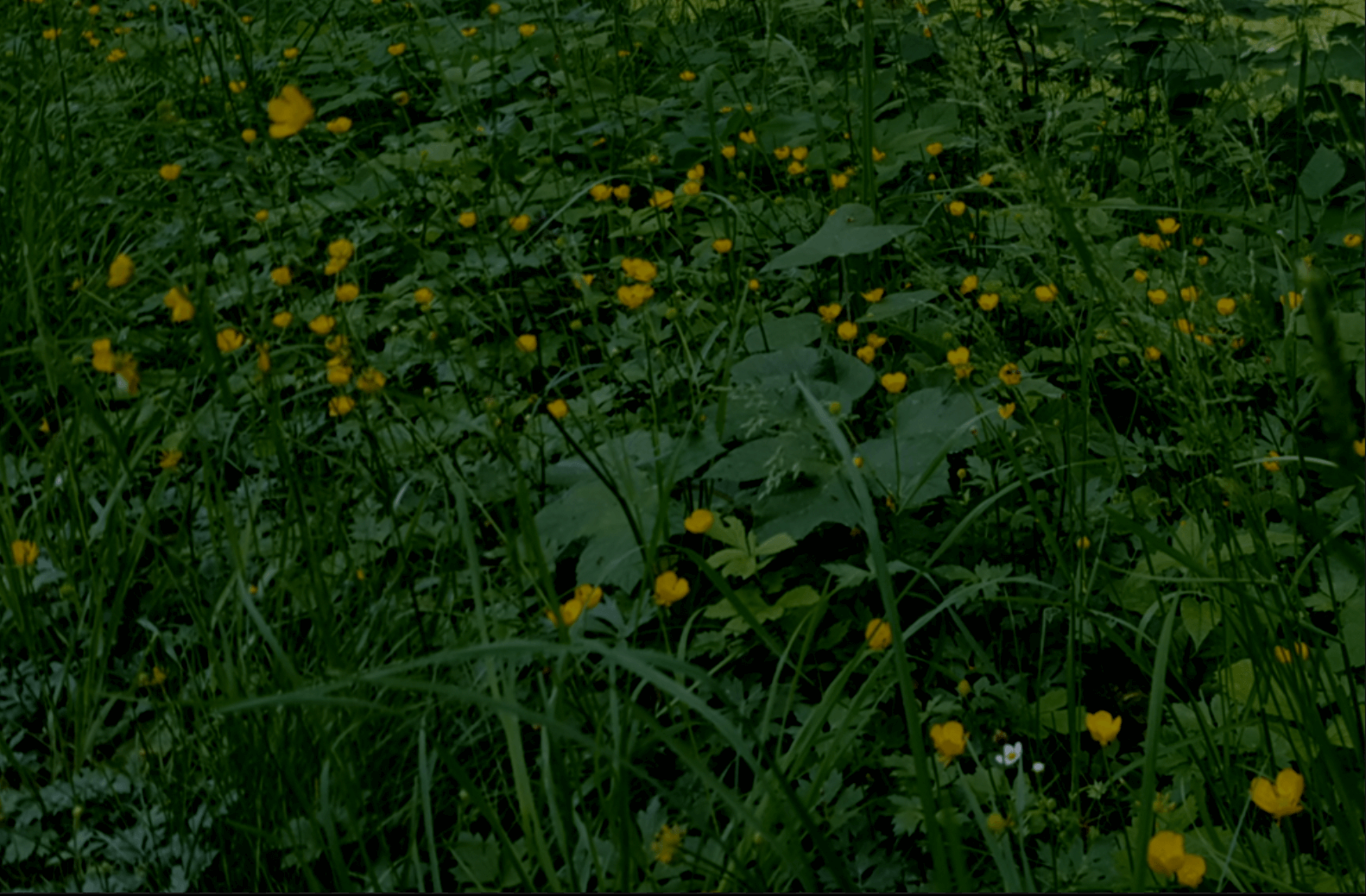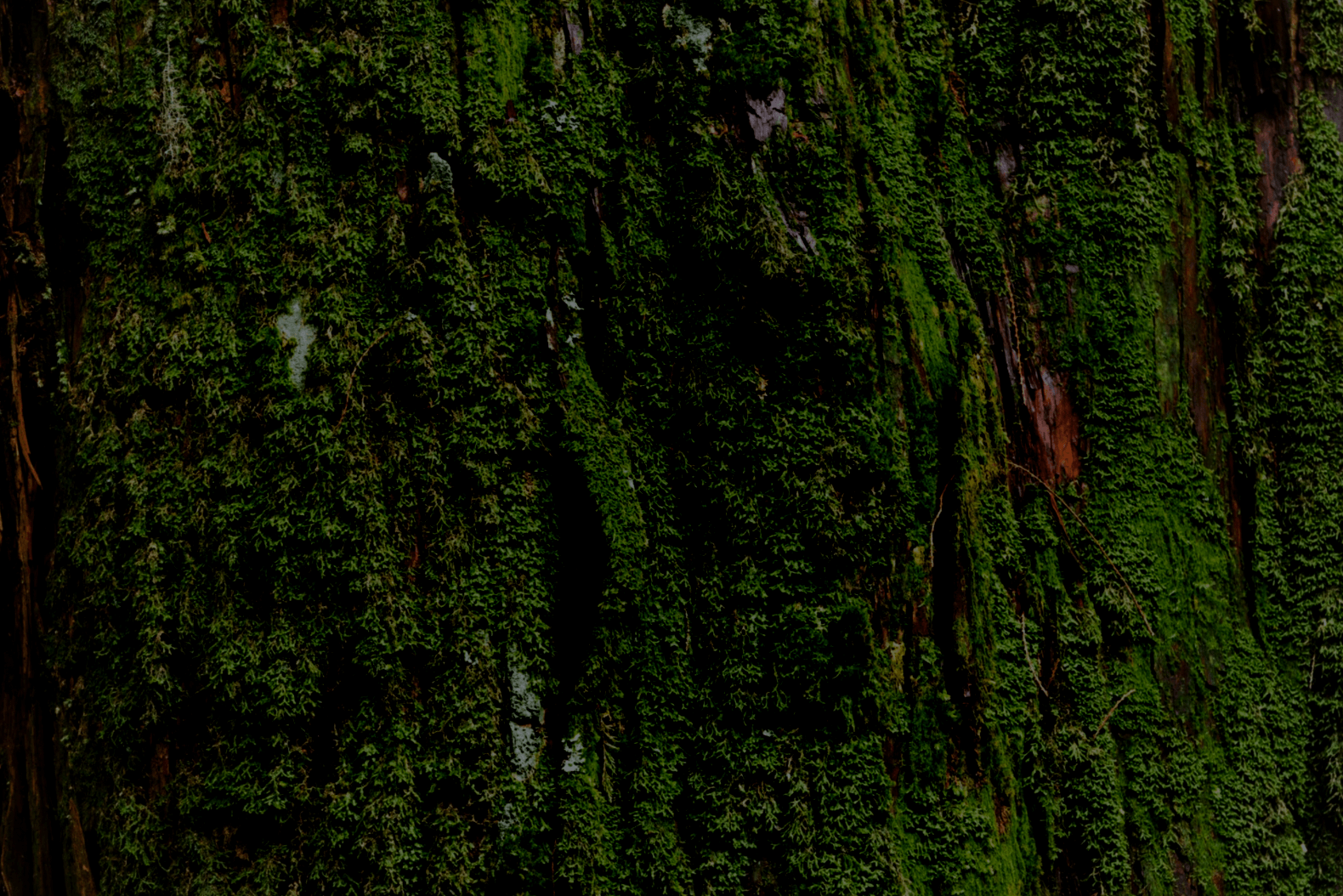Juneteenth Voices
grant peace
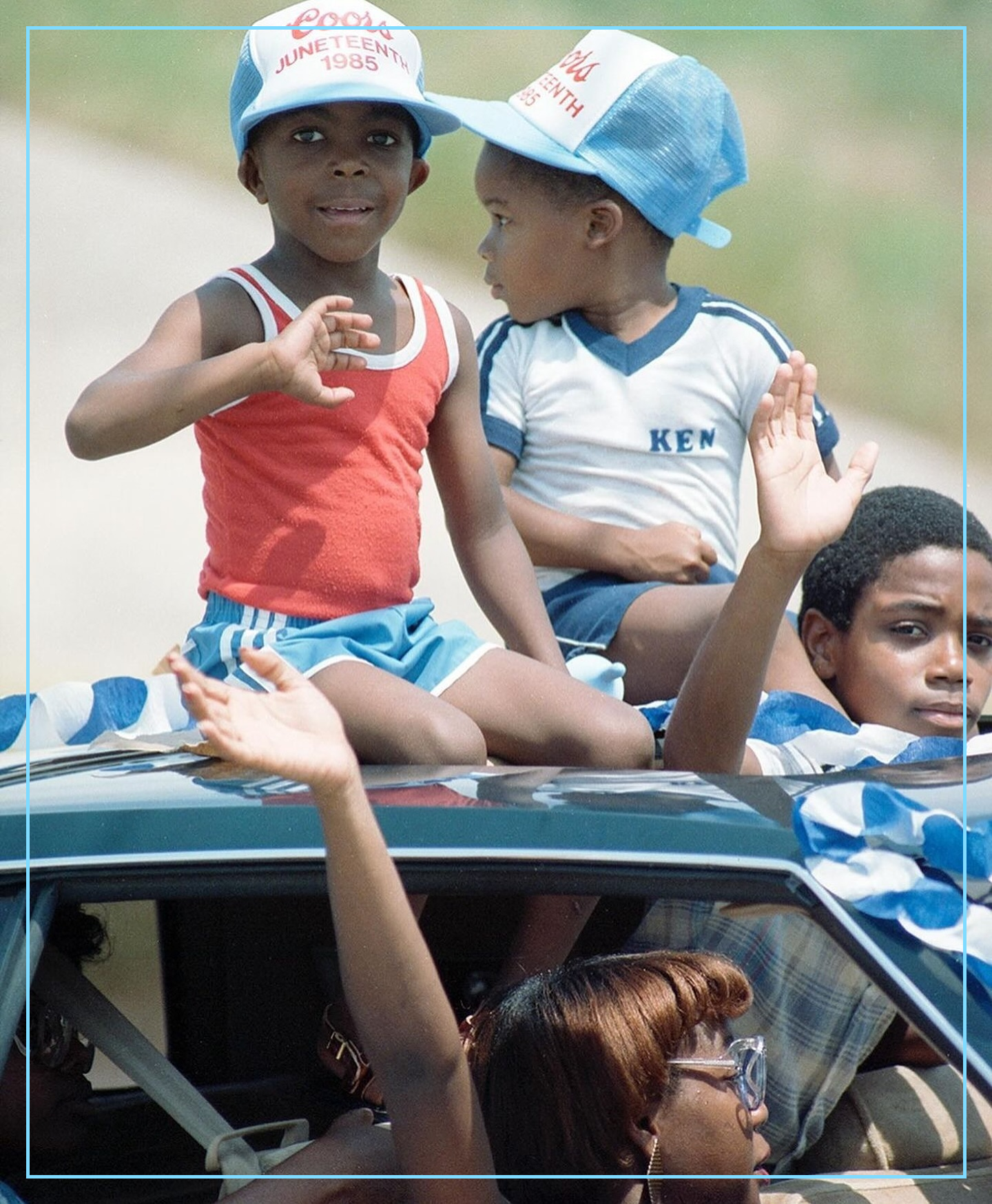
This is Life as a Sacred Text 🌱, an everybody-celebrating, justice-centered voyage into ancient stories that can illuminate our own lives. It‘s run on a nonprofit, so it’s 100% NAZI FREE. More about the project here, and to subscribe, go here:
Juneteenth is today– marking 160 years since that June 19th in 1865 when General Gordon Granger and his men marched into Galveston, Texas, to enforce the Emancipation Proclamation, which had been issued two and a half years prior.
It is the day of rejoicing in the end of American chattel slavery, of honoring what has come to pass, and what has yet to come to pass.
There are so many things to say– but nobody needs to hear my voice in all this– so today is comprised of Black voices and of traditional sources that my Black Jewish colleagues lifted up over the years in other Juneteenth-related resources.
In 2020, the Womanist theologian Rev. Dr. Eboni Marshall Turman penned a "A Theological Statement From the Black Church on Juneteenth," signed by over 1,000 Black pastors, clergy, and theologians representing over 400 Black churches in the U.S. In it, she wrote,
The Black community has been regularly assaulted by the phalanx of white terrorism since our forced disembarkation on the shores of Jamestown in 1619. From the bombing of our churches—like the Sixteenth Street Baptist Church in Birmingham, Alabama—to the torching of our homes; from the lynching of our children—may God bless the memory of Emmett Till—to the massacring of our communities; from the assassination of our leaders to the pillaging of our economic prowess... we have been criminalized by the neoliberal logics of a new Jim Crow that builds prison cells based on third-grade reading levels in Black communities and that has exchanged a white hood for a gold badge, a burning cross for a taser, a horse for a cruiser and a noose for a gun.
The incessant onslaught of anti-Black violence that is the progeny of white racist structural evil constitutes the very fabric of U.S. society... We are not confused...
And this year comes in the context of the white supremacist regime's attacks on affirmative action and DEI initiatives (often: basic Civil Rights era laws and policies) and so much more.
We, therefore, affirm that Black freedom is always communal...We reject notions of white freedom that are compelled by the value of American individualism and the pursuit of one’s own destiny without interference and without concern for the well-being of others.

God said to Abram, “Know that your offspring shall be strangers in a land not theirs, and they shall be enslaved and oppressed four hundred years; but I will execute judgment on the nation they shall serve, and in the end they shall go free with great wealth. (Genesis 15:13-14)
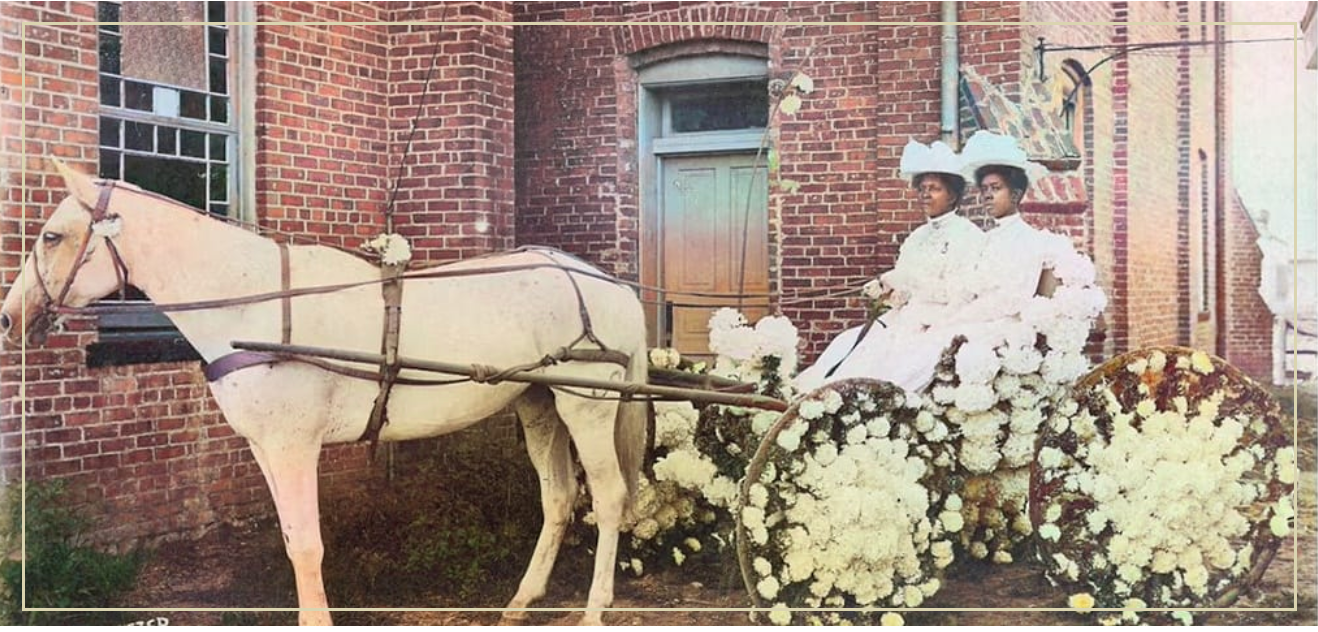
In 2020, Sasha King wrote in TribeHerald with an ancestral perspective:
I am a direct descendant of two formerly enslaved Texans, John and Mary Lee and their infant son J.R.E. Lee. My ancestors received word of their freedom on the June 19, 1865, with their year-old child in their arms... I receive the gift of their love and hope for my future every year that I celebrate Juneteenth rich red drinks, desserts, barbecues, and connecting with Black American history. Yet, the holiday is also a bittersweet realization that liberty has not come to fruition for my family despite the progress we have allegedly made in our society.... The racism and exclusion in Texas post emancipation was one of the most brutal state systems of terror. The Lone Star State had one of the largest Ku Klux Klan strongholds in the South, with Black men and women hunted for sport, lynched for asserting themselves, maimed for attempting to change employers or secure payment for their work. Even children were not spared....
Juneteenth became a holiday of joy despite the brutality of Texas. Freedmen, freedwomen, and families gathered to celebrate the anniversary of their freedom. This was dangerous, as gatherings with several Black people would attract desperados who would kill men, women, and children with impunity.
Men and women would express their freedom with the finest clothing they owned, eating foods such as tea cakes and barbecued meats that were usually reserved for masters and mistresses....When parks refused to allow Black Texans to host Juneteenth celebrations, a group of four men and the AME Church bought 10 acres of land for to form the Emancipation Park in Houston... They never let racism interfere with their humanity.







Set of seven old-fashioned black and white photos. Clockwise from top left: Group on Emancipation Day, circa 1880s, in Houston's Emancipation Park. Reverend Jack Yates, who led the community purchase of the Park in 1872, is pictured on the far left, and his daughter Sallie Yates dressed in black in the center. Group of children on Juneteenth, celebrations in Eastwoods Park, Austin, 1900. Group of elderly people on Juneteenth, celebrations in Eastwoods Park, Austin, 1900. Group of men in Civil War uniforms, likely for a re-enactment of the Union’s entry into Galveston; Juneteenth celebrations in Eastwoods Park, Austin, 1900. Juneteenth band, Eastwoods Park, Austin, 1900. Detail from a photograph of celebrations in Richmond, Virginia, ca. 1905. Main stage Juneteenth decorations, Eastwoods Park, Austin, 1900. All Austin photos by Grace Murray Stephenson.
There are necessary, urgent calls from within and beyond Jewish community. For example, a couple of years ago, the wonderful folks at the Black Jewish Liberation Collective wrote,
Unfortunately, Juneteenth has been subsumed by capitalist opportunism, corporate greed, and spiritual bypassing. In the legacy/white Jewish institutional community, Black Jews have been offered thoughts and prayers or asked to labor for white consciousness to be at ease that there was a “commemoration”.
We, the Black Jews who brought Juneteenth to the forefront within the Jewish community, expect more than emails sharing optional prayers, or invitations to events. We expect our Black voices and stories to be centered, our Black bodies to rest from the grind of racialized capitalism, and our Black lives to be valued. We expect white people across the United States to do their work to look critically at the role their communities played in the transatlantic slave trade, still play in the benefitting of racialized capitalism, and commit to a praxis of reparations...
How can you join us in continuing to value collective liberation of Black bodies in this country? We call on our Jewish community to be woke (conscious) about the past and present harm caused and to engage in the process of teshuva. From public accountability, to taking actions to eradicate antiBlack racism, to reparations, we demand justice, belonging, equity, and liberation.

Kofi Robinson wrote for JFREJ (Jews for Racial and Economic Justice),
Juneteenth serves as an urgent invitation — a call to action — to collectively imagine and cultivate Black liberatory spaces in Jewish community. I imagine these spaces as ones where Black Jews like me, and my Blackness, are always already seen as facets of Jewish life and Jewish priority.
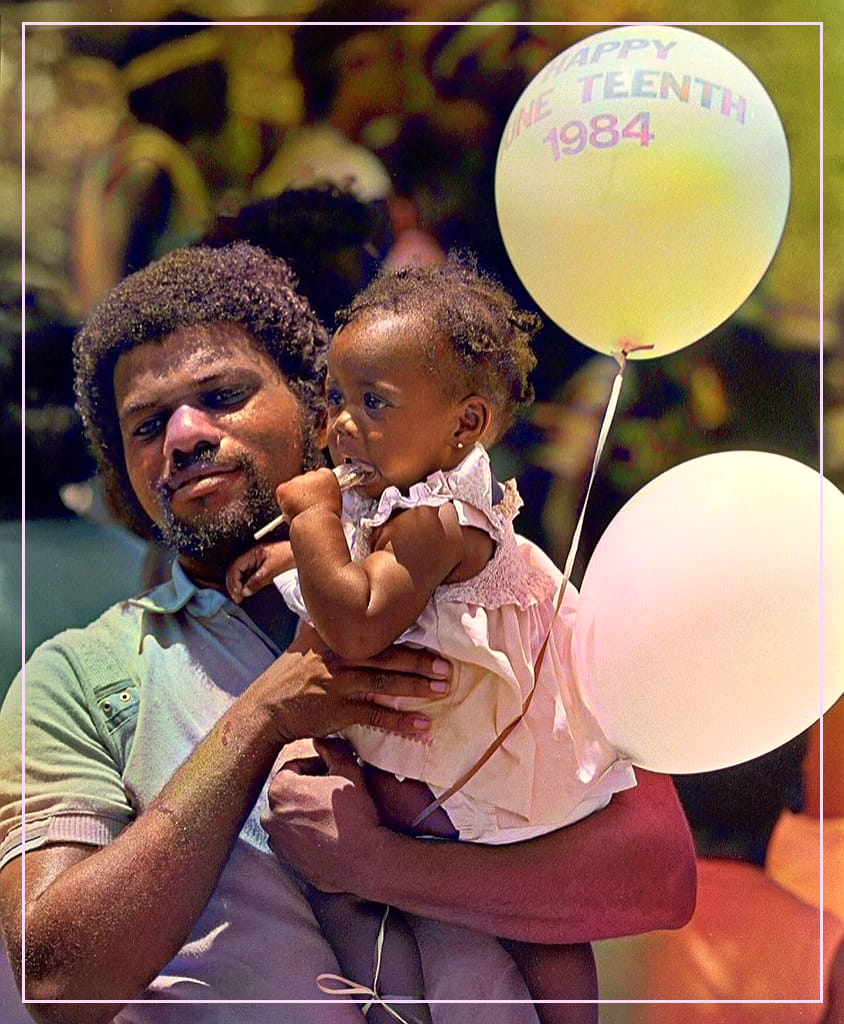
In that same JFREJ piece, Kofi Robinson wrote,
Liberation is not a one-time event but rather a continuous process that includes everything from crafting just legislation, to how we interpersonally and politically structure our communities and friendships. It’s something that must be constantly revisited and reprioritized.
From the very wonderful rabbi dr. koach baruch frazier. The Hebrew of this prayer translates to, "Grant peace, goodness, blessing, grace, loving-kindness, and compassion..."
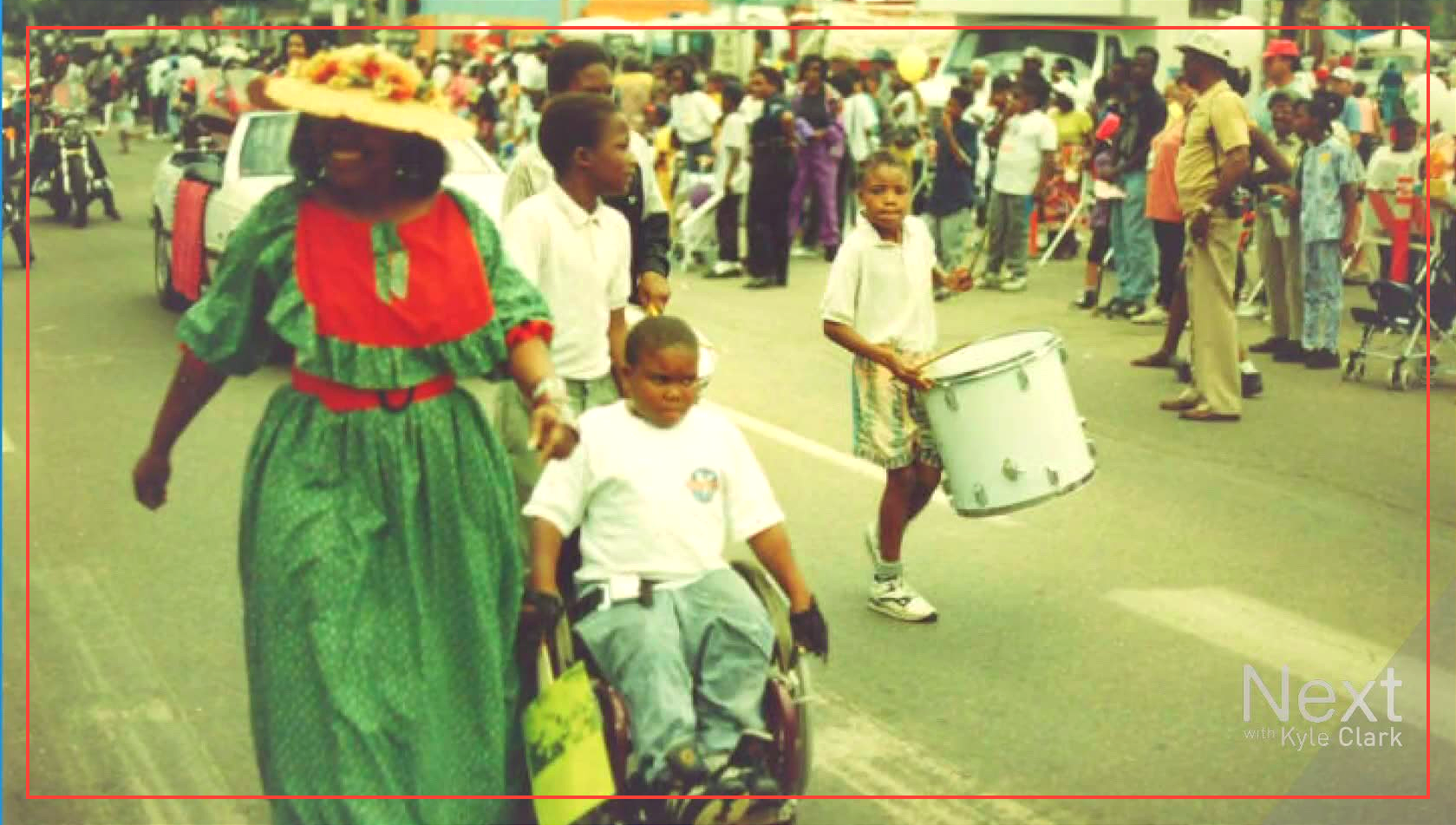
In 2022, the JFREJ Juneteenth Haggadah included the words,
To celebrate and settle into our joy and our freedom is an act of profound bravery given the incredible vulnerability of Black life in this country.... Black freedom is a tenuous thing — beautiful and powerful, strong and vulnerable. It can be snatched away in a moment. It is sustained by continual acts of resilience, resistance, and care. Liberation is not something that once happened to us, in the past. It is something that must be recreated again and again, through action and imagination. Freedom is something we make, together.
rabbi dr. koach baruch frazier, with Marques Hollie. "Sim Shalom" means "Grant peace," and the lines of "Oseh Shalom" translate to "May the one who creates peace on high bring peace to us and to all the people of Israel, and to all the inhabitants of the world. And we say: Amen."
This is the day that God has made—let us exult and rejoice in it.
Please God, deliver us! Please God, let us succeed! (Psalms 118:24-25)

JUNETEENTH 2025 (Jewish) EVENTS
Atlanta: Congregation Beit Haverim, Juneteenth Seder: June 19 7PM
Bay Area: Gathering for Jews of Color Professionals June 20 5pm (for self-ID'd JOCISM only)
DC: Juneteenth Shabbat at Washington Hebrew, Jun 20, 6pm
MORE RESOURCES
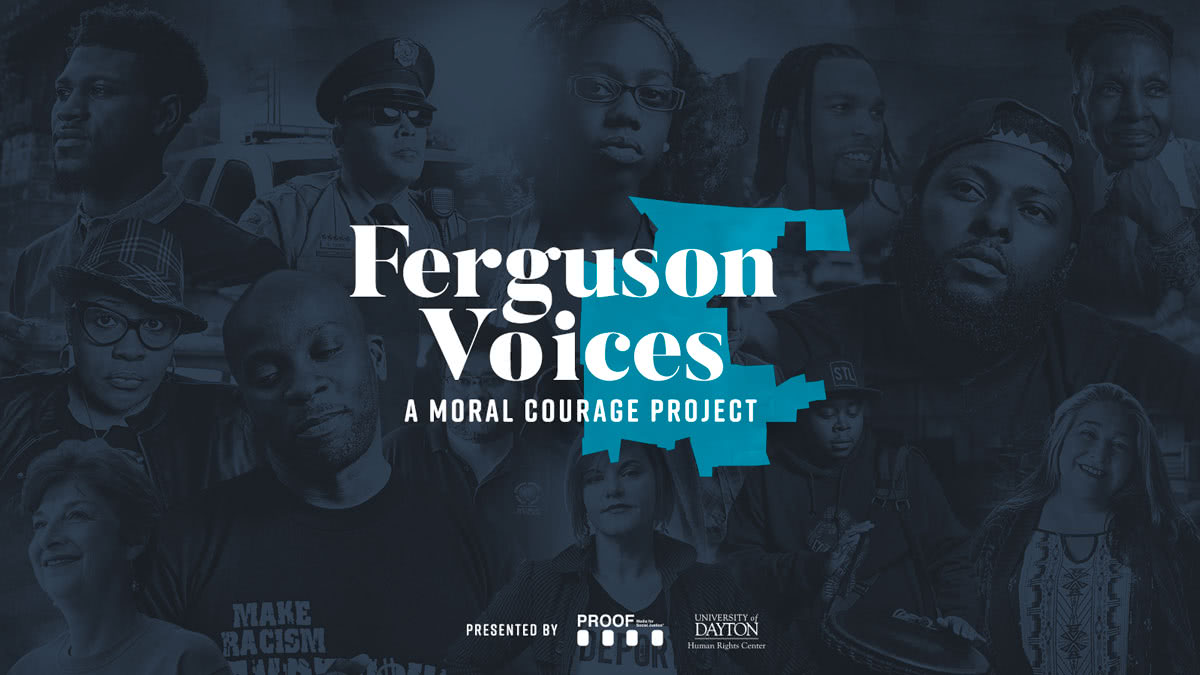
As long as we're getting some good r'kbf today, hear this story and its lessons: Show up. Figure out what you have to offer this moment. Bring it. Don't wait to be asked. Pay attention to what's happening around you, how you fit into the larger picture. It's all here.
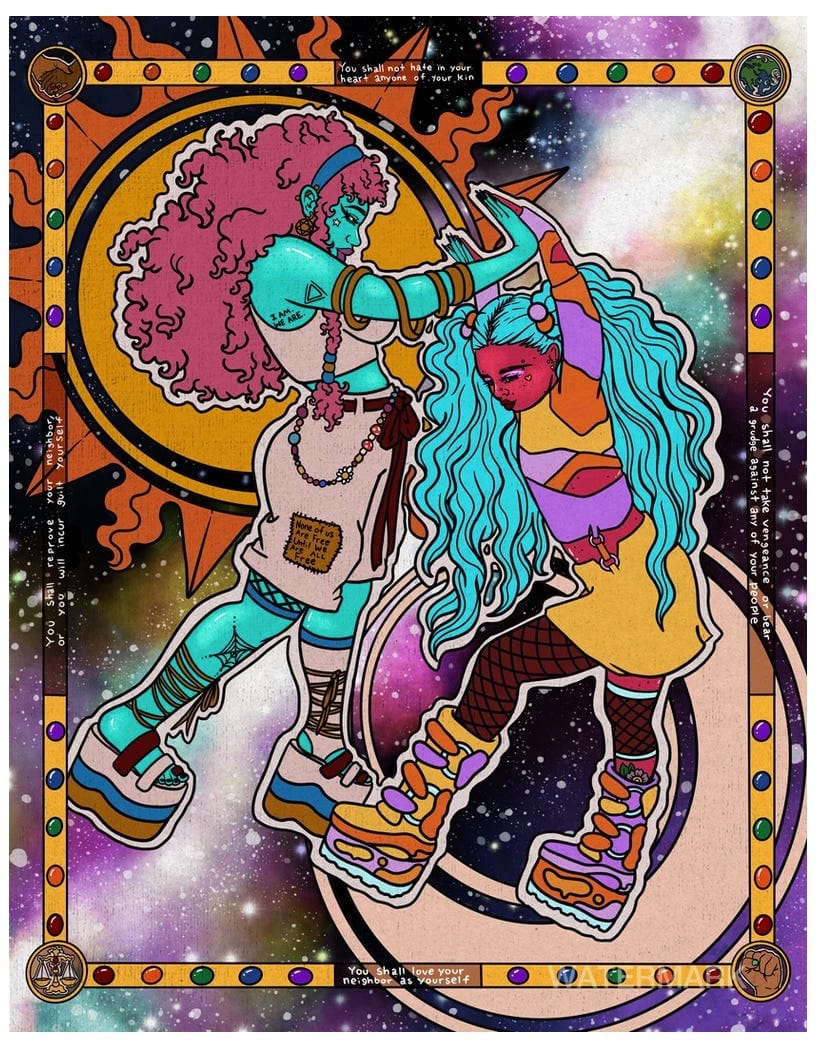
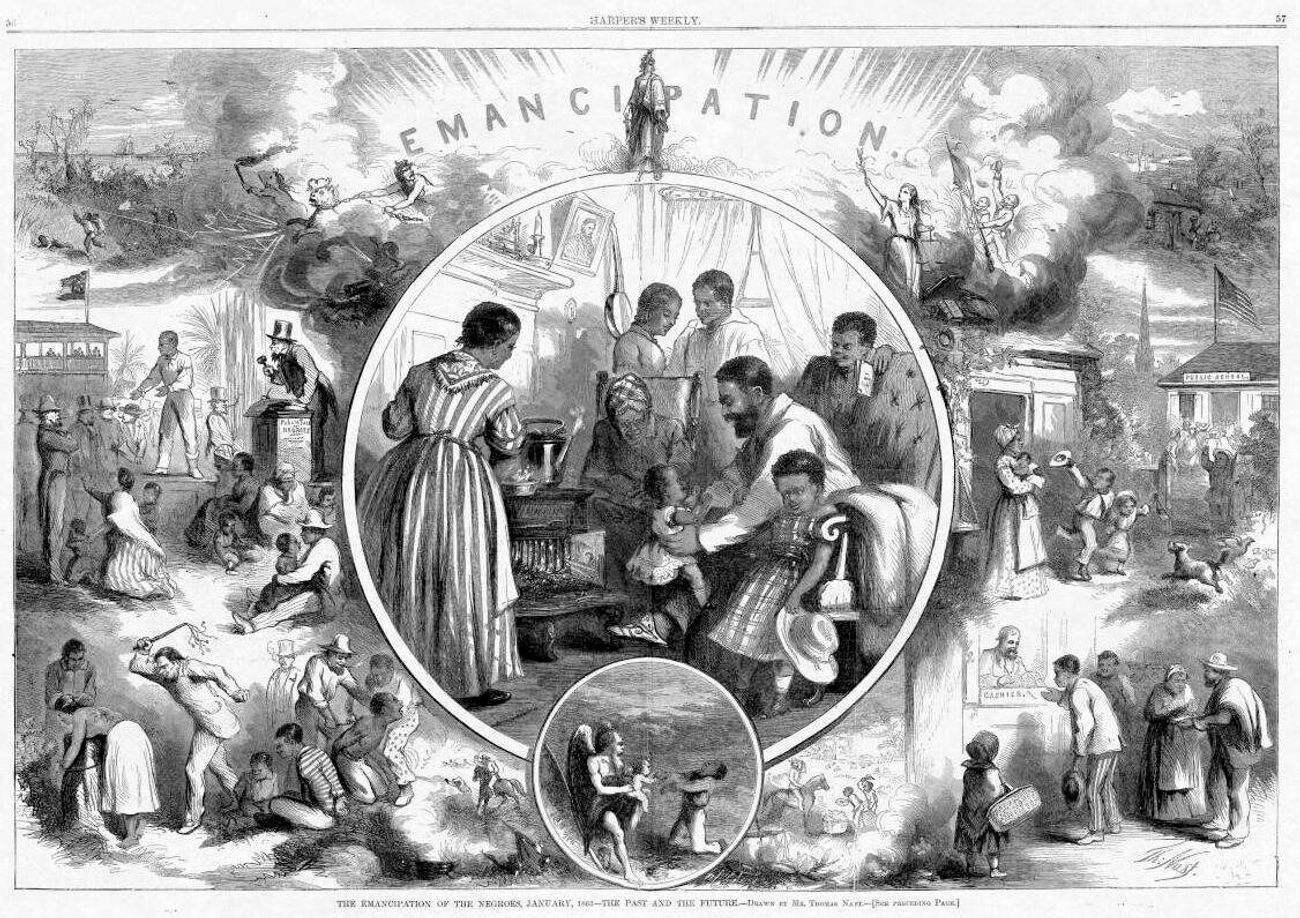
The amazing Rabbi Sandra Lawson.

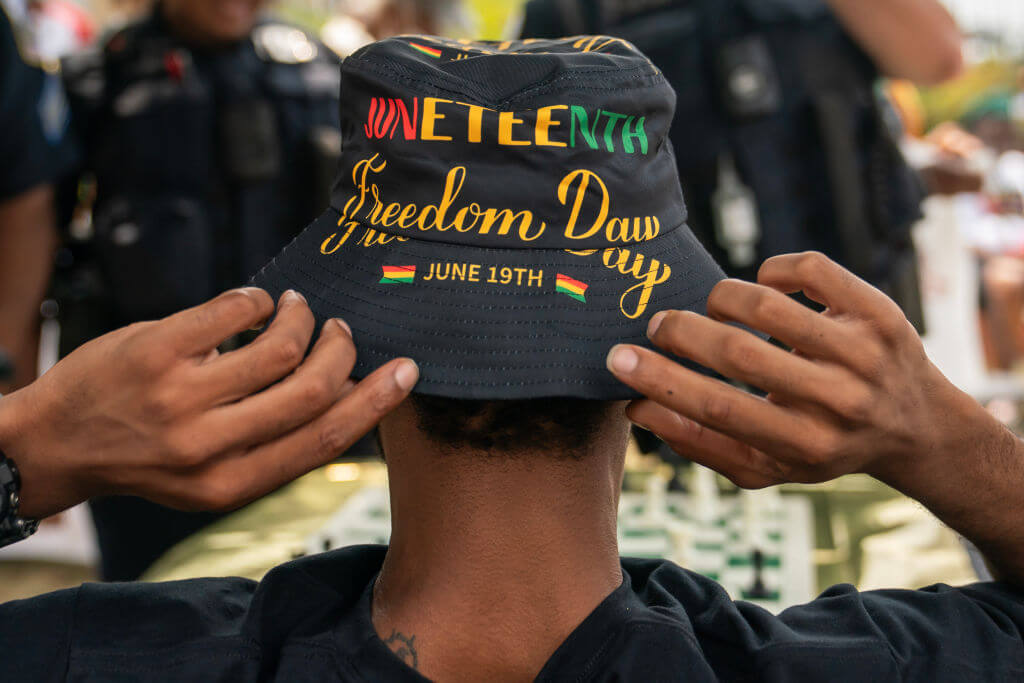
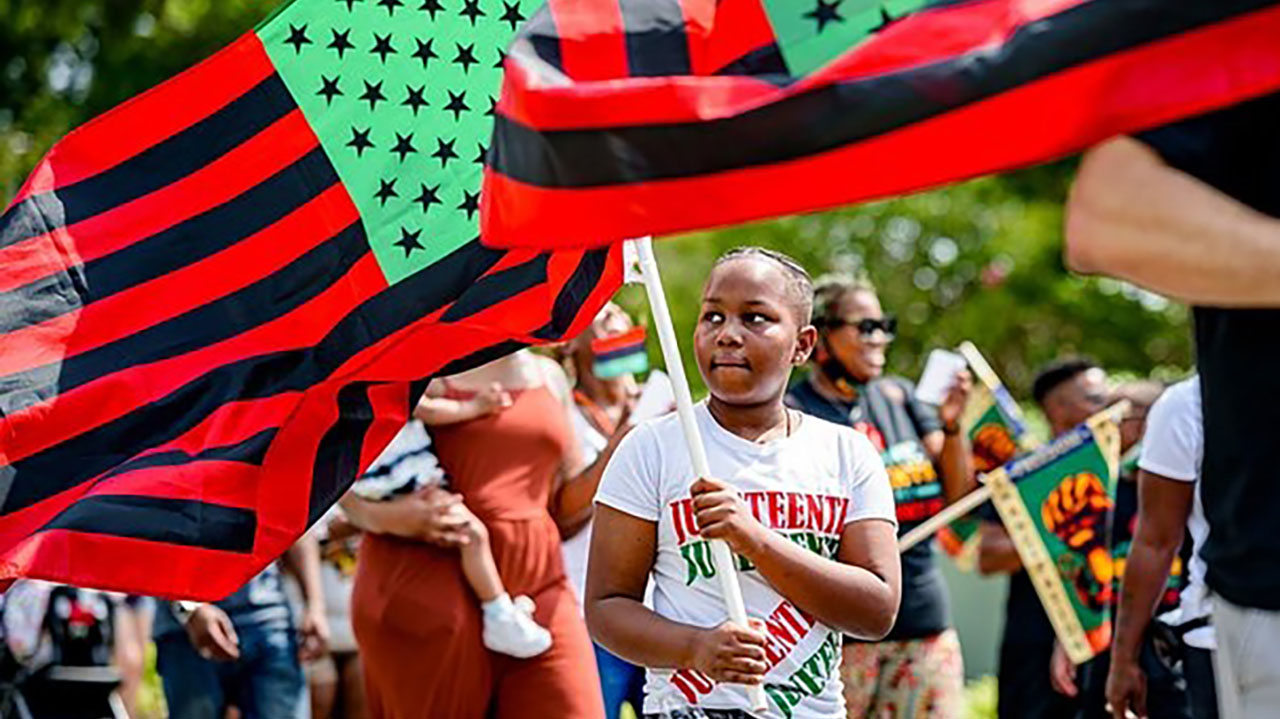

This isn't about Juneteenth per se, but as long as I'm lifting up the words of some of my Black Jewish peeps today, cannot sleep on this searing, biting, over the top, hilarious but also hits its targets with 10000% accuracy novel about a Black rabbi, written by a Black rabbi.
🌱
Like this? Get more of it every week.
For free every Monday—sign up at the ‘Subscribe now’ button just below.
And if you become a paid subscriber, you get tools for deeper transformation, a community, and support the labor that makes these Monday essays happen.
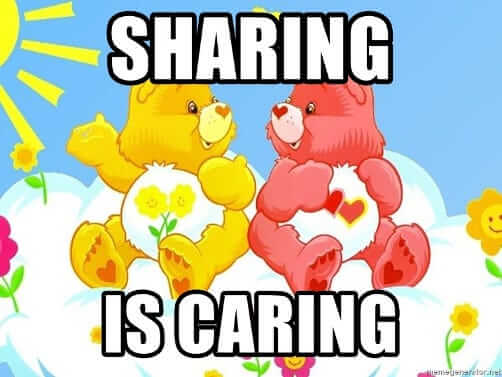
Especially without Substack's built-in network, word-of-mouth– forwarding emails, sharing on social media, etc– matters more than ever.
Please spread the word about this post and Life is a Sacred Text in general.
Thank you. 🙏 ❤️
A note on the subscription model:
I want my work to be as accessible to as many people as possible, in as many ways as possible. That's why the Monday essays are free, and why we donate subscriptions to anyone for whom paying is a barrier to the House of Study posts.
I also believe people should be paid fairly for their work. Needless to say, these two values sometimes seem to be in conflict, but I do what I can to find a fair balance. I offer many resources for free, and charge for others. When you donate generously or pay at the top of our scale, that helps support the work I do, provides access for those who have fewer resources, pays for the infrastructure and the technical and practical support that it takes to do this, and helps us keep the work sustainable.
And as always, if you want in to the Thursday space but paying isn't for you now, just email support@lifeisasacredtext.com and we'll hook you up.
And if you’d like to underwrite one of these donated subscriptions, you can do so by signing up at one of the higher subscription points.
And if it resonated with you, please share this post.
Sending a big pile of blessings and goodness your way. 💕


